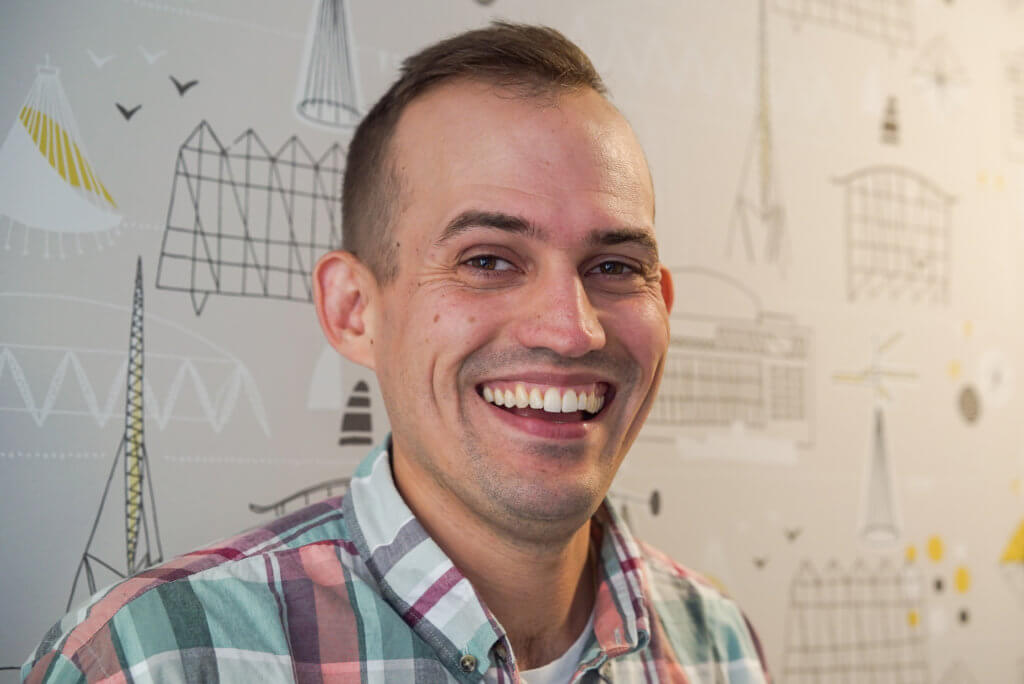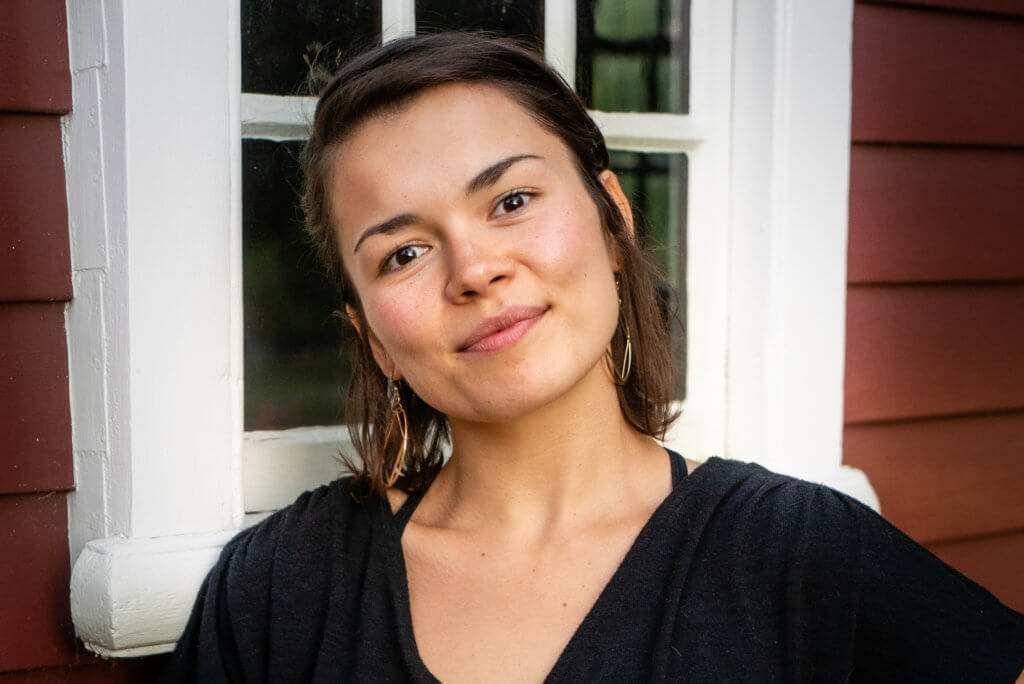Episode
Highlights
AN ICE RAID
March 6, 2007, is the day when everything changed for Luis Gomez.
“Just my world came crashing down at that point. Just that feeling of hopelessness and knowing that, you know, my mom’s going to be gone, and I’m not going to be able to see her for a long time.”
—LUIS
A PHONE CALL
“So one of these phone calls she asked if I wanted to meet her, and I said yes. I didn’t know exactly what that meant, but I guess all of that time she had been saving up money for me to come over and live with her.”
—LUIS
GROWING UP IN GUATEMALA
Growing up in Guatemala, Luis doesn’t know his parents. They split up when he’s very young and immigrate to the U.S. separately. His dad goes to Massachusetts, and his mom goes to Portland, Oregon.
“So one of these phone calls she asked if I wanted to meet her, and I said yes. I didn’t know exactly what that meant, but I guess all of that time she had been saving up money for me to come over and live with her.”
—LUIS
CROSSING THE BORDER
“Swimming, in the middle of the night. The water was very cold. I didn’t know how to swim, and this guy offered to carry me because I was so little. And that’s how I got across.”
—LUIS
“Like, I saw so many people. And before I knew it, this person was hugging me. And that’s how I knew it was my mom. You know, growing up as a kid, not knowing what that was, the presence of a mother, and then there she was, it was definitely a very special moment. Out of everything the most emotional part.”
—LUIS
NEW BEDFORD, NEW LIFE
“It felt, for a moment, like a happy family. Everybody was happy. I was happy. I was a 10-year-old having a blast.”
—LUIS
“I would see her expression and then I would worry like: ‘But we didn’t do anything wrong.’ But I didn’t know she didn’t have a driver’s license. I didn’t know that at the time, and that’s why she was so scared, and like the consequences of: what would happen if she gets pulled over? What would happen to all of us?”
—LUIS
MICHAEL BIANCO
The operation resulted in the arrests of more than 300 people. Many of the workers were women with small children.
—NPR BROADCAST
“I know that overall in New Bedford, because it affected so many people, that everybody was just scared. There was no safety, like it could happen to anybody. There were rumors that it was going to happen at other places. So then nobody wanted to leave their home. Everybody was kind of like scared.”
—LUIS
Luis’ mother is gone for a while. Days at first, then weeks, then longer. And Luis’ dad is working all the time to support the family, so Luis has to take care of his siblings, who are still in diapers.
ICE SURROUNDS THE APARTMENT
“In 2009, ICE came to our home. They had surrounded the apartment. It was like this big thing you see out of the movies.”
—LUIS
This time, the officers from Immigration and Customs Enforcement are looking for Luis’ dad.
“They were all these officials, like 6-feet. So I’m only like 5-3, so they were huge to me. They were walking around the house, very intimidating. They kept questioning my mom. She was crying. It was very upsetting. It felt very violating to have people come in, break into your home. And finally I told them where my dad was. My mom was upset at me. But else they weren’t leaving.”
—LUIS

Luis Gomez is pictured here on a recent trip to Italy | Photo: Courtesy of Luis Gomez
FIGHTS FOR DACA
“Just speaking to others that have had similar stories. You know, I’ve come to terms with it and realize it’s not the end. Try to be hopeful. Try to be as much positive as you can.”
—LUIS


